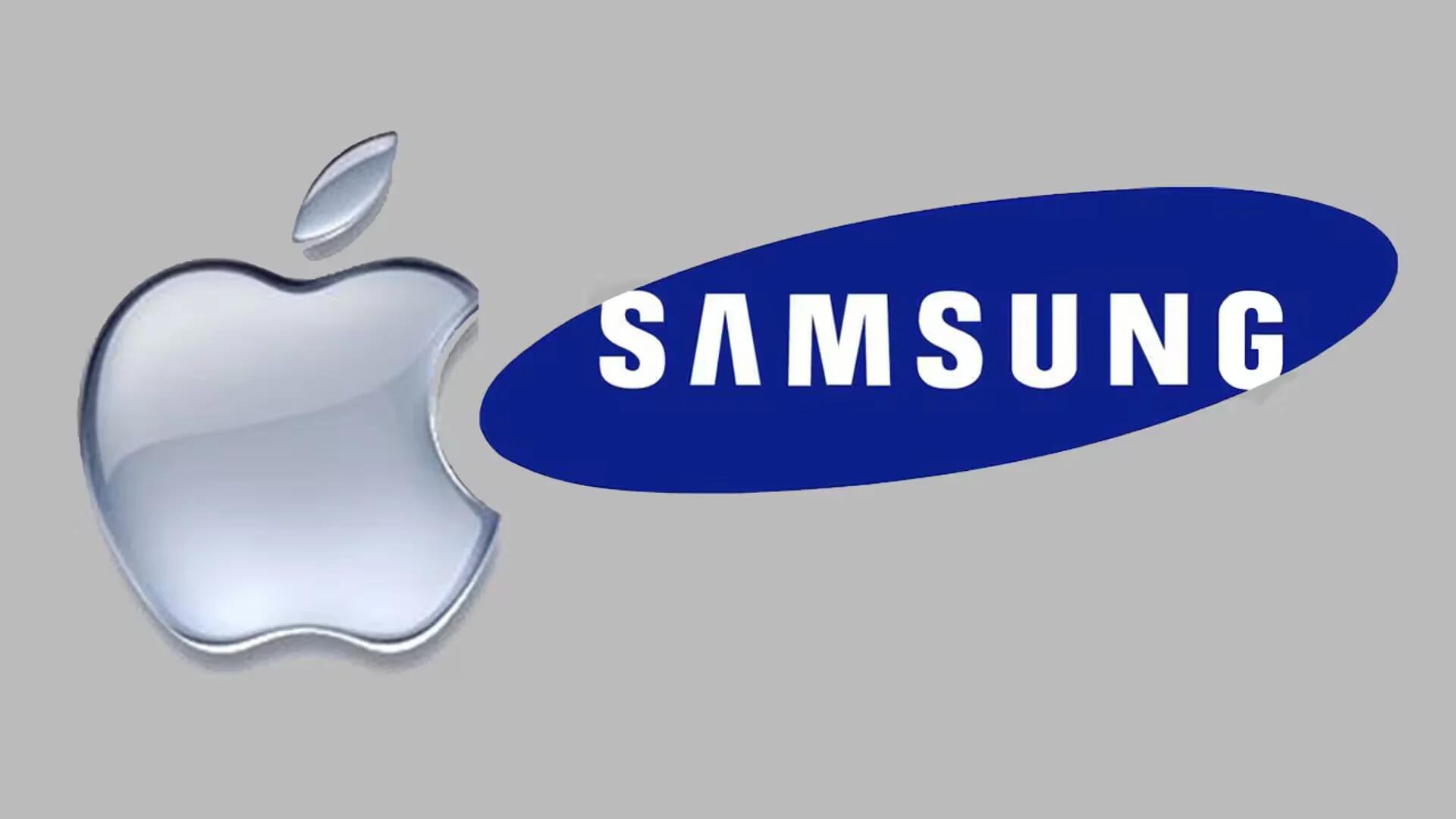U.S. District Court Judge Lucy Koh on Thursday barred Apple and Samsung from filing any more motions, briefs, or letters with the court without permission. This order came after the court and the judge were overwhelmed by a series of motions, objections and letters filed by both Samsung and Apple.
The court gave the order soon after Samsung filed an objection to Apple’s request for a partial judgement in the Samsung vs Apple case. Both Apple and Samsung had in total submitted five filings to the court since the beginning of this week, which led Judge Lucy Koh to take this decision.
Since Tuesday, the court received five filings: Apple’s letter proposing partial final judgment, a response from Samsung, a response to that response from Apple, a motion for judgment as a matter of law from Samsung and Thursday’s objection, also from Samsung. The last filing was the final straw, forcing Judge Lucy Koh to issue an order to stop filing unless given express permission by the court.
The Court has not yet received the mandate from the Federal Circuit Court of Appeals,
Despite this, the parties have already filed a letter, two responses, an objection, and a motion. The parties shall not file any further motions, briefs, or letters with the Court until authorized by the Court.
Samsung is even arguing that the initial proposal filed by Apple in the court earlier this week was not valid and against the rules of the court, and will violate federal rules if the court took action based on it.
Apple recently received a big blow in the Apple vs. Samsung case as its application to patent the ‘slide-to-unlock’ feature of the iPhone was rejected by the German court stating that the patent is not sophisticated enough to be awarded a patent protection. In addition, Apple is also facing a non-final decision from the U.S. Patent and Trademark Office’s Central Reexamination Division, which invalidated an iPhone design patent on multiple grounds.
This week’s events come three years ago after the first Apple v. Samsung action ended in 2012 with a resounding win for Apple. Subsequent court actions reduced damages to $548 million, though both parties are contesting the sum. While the validity of patents themselves have already been questioned to no end, many have also questioned the amount that was levied on Samsung as payment for design patent damages. This has been characterized as an exorbitant amount that makes a dangerous precedent as well. Samsung, is petitioning the Supreme Court to hear its case relating to the recent CAFC denial.
